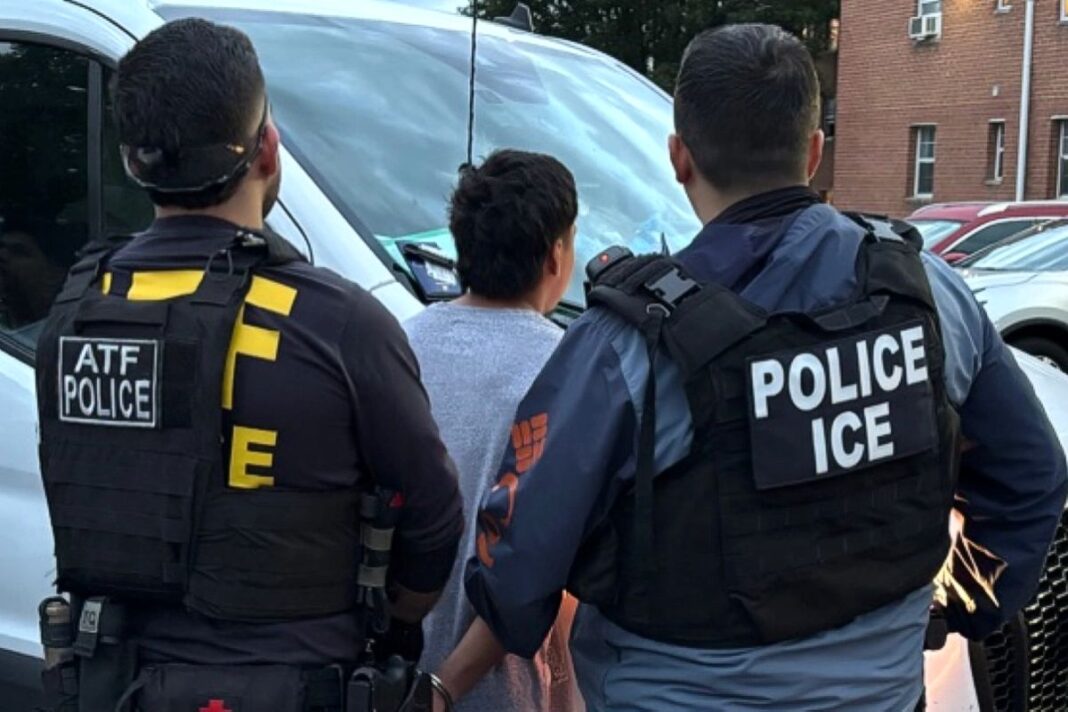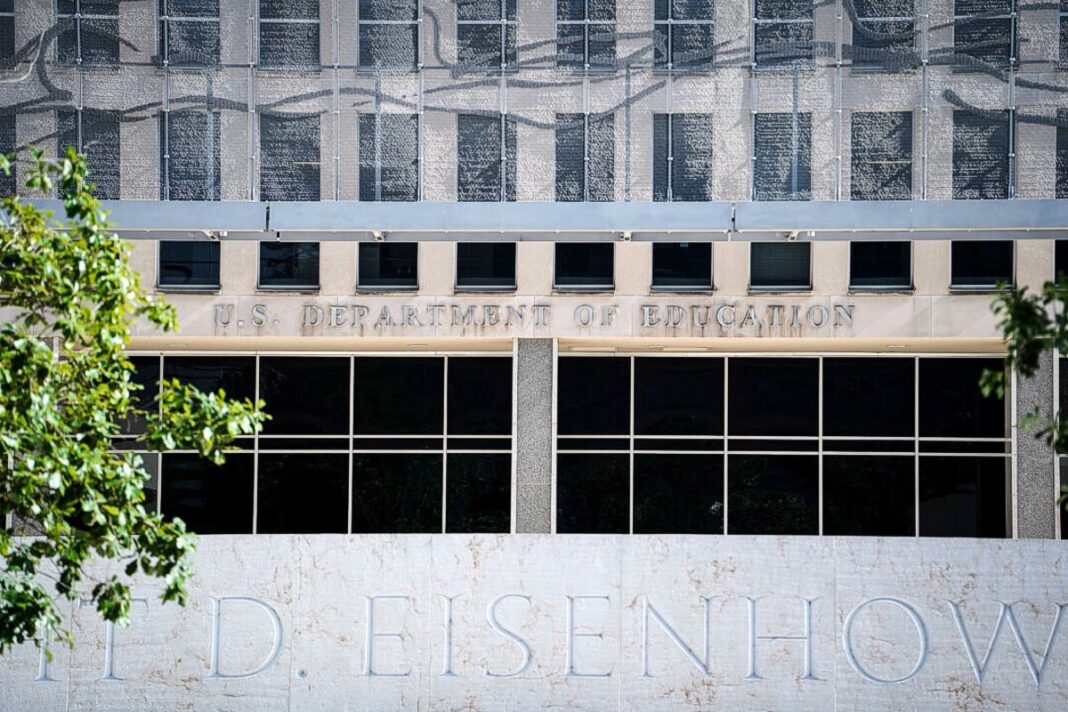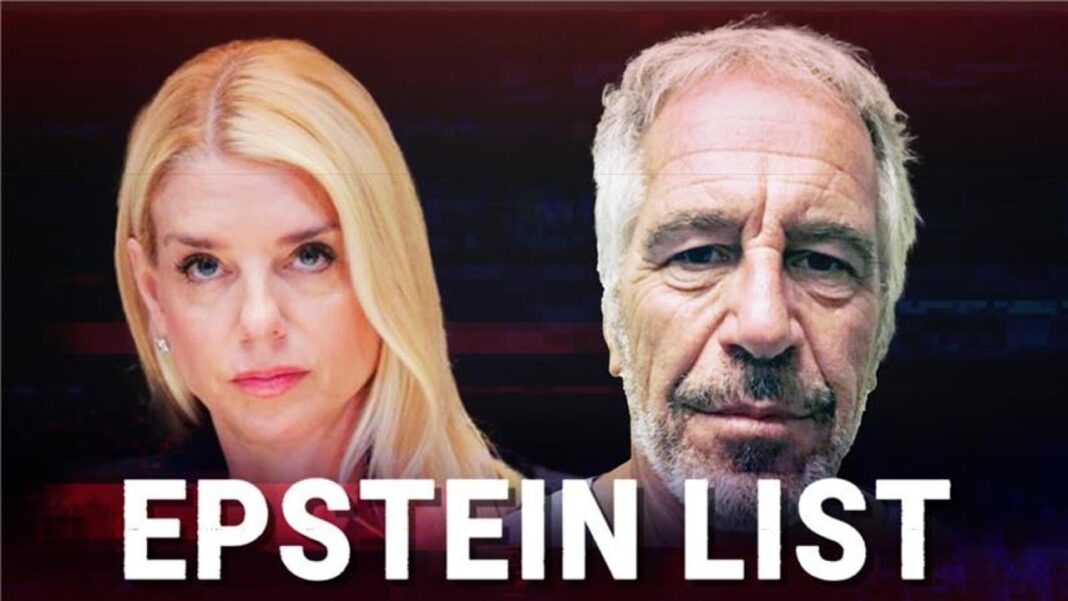The lawsuit seeks to prohibit ICE and CBP from stops in Los Angeles, unless there is reasonable suspicion that a crime has been committed.
California Attorney General Rob Bonta, along with the attorneys general from several other states, submitted an amicus brief on July 7 in an effort to prevent the federal government from continuing its immigration enforcement operations in Los Angeles.
The case, Perdomo v. Noem, was filed on behalf of individuals who say they were unlawfully stopped or detained by federal agents. The lawsuit alleges that federal agencies such as Immigration and Customs Enforcement (ICE) and Customs and Border Protection (CBP) are deploying unconstitutional and unlawful immigration tactics, and stopping individuals based on race and ethnicity.
The lawsuit also alleges that the agencies are stripping detainees of constitutionally mandated due process and that ICE and CBP policies ignore the need for reasonable suspicion. The lawsuit also alleges the actions are in violation of the Fourth Amendment.
The lawsuit, which was announced on July 2 at the Bubble Bath Hand Car Wash in Torrance, the site of several removal operations, was filed as a result of one specific incident. According to the ACLU of Southern California, five individuals were stopped or arrested on July 2.
They subsequently filed suit alongside the Los Angeles Worker Center Network, United Farm Workers, the Coalition for Humane Immigrant Rights, and legal services provider Immigrant Defenders Law Center.
The lawsuit seeks to put an end to the stops and arrests, as well as to ensure those who are detained receive due process and access to counsel while in federal detention.
The lawsuit comes just two days after the Trump administration sued the City of Los Angeles on June 30 over its ‘sanctuary city’ policies, alleging in federal court that the ordinance violates the Constitution by thwarting immigration enforcement.
“The United States Constitution’s Supremacy Clause prohibits the city from picking and choosing which federal laws will be enforced and which will not,” United States Attorney for the Central District of California Bill Essayli said in astatement on the lawsuit.








